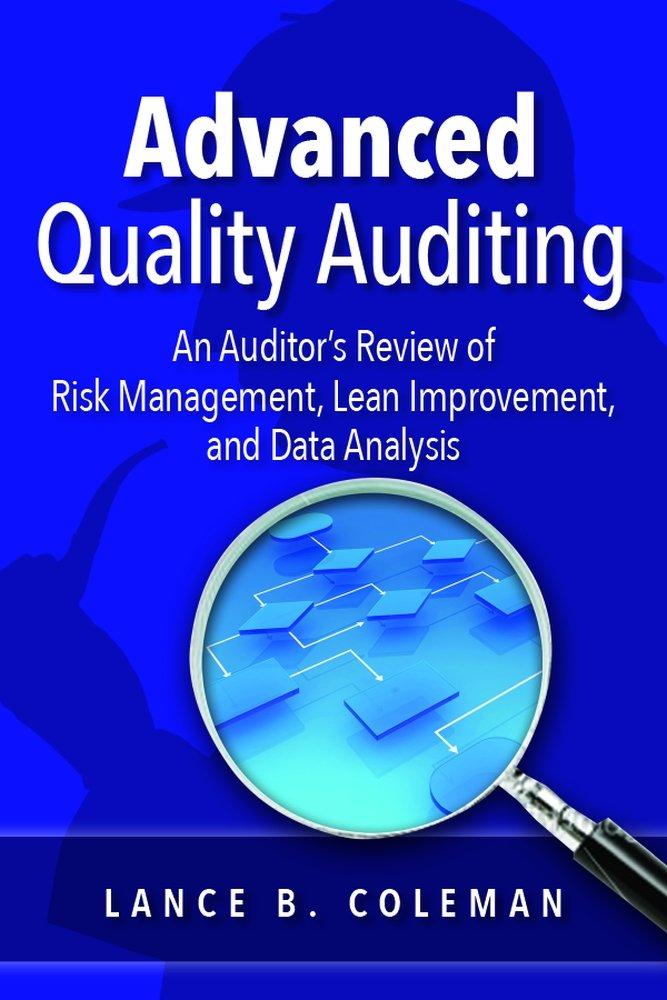a. b. PROBLEM 13-23 Simple Rate of Return and Payback Analysis of Two Machines (L05, LU6] Blue Ridge Furniture is considering the purchase of two different items of equipment, as described below: Machine A. A machine has just come onto the market that compresses sawdust into various shely- ing products. Currently, the sawdust is disposed of as a waste product. The following information is available about the machine: The machine would cost $780,000 and would have a 25% salvage value at the end of its 10-year useful life. The company uses straight-line depreciation and considers salvage value in computing depreciation deductions. The shelving products produced by the machine would generate revenues of $350,000 per year. Variable manufacturing costs would be 20% of sales. Fixed annual expenses associated with the new shelving products would be: advertising, $42,000; salaries, $86,000; utilities, $9.000; and insurance, $13,000. Machine B. A second machine has come onto the market that would automate a sanding process that is now done largely by hand. The following information is available about this machine: The new sanding machine would cost $220,000 and would have no salvage value at the end of its 10-year useful life. The company would use straight-line depreciation. b. Several old pieces of sanding equipment that are fully depreciated would be disposed of at a scrap value of $7,200. The new sanding machine would provide substantial annual savings in cash operating costs. It would require an operator at an annual salary of $26,000 and $3,000 in annual main- tenance costs. The current, hand-operated sanding procedure costs the company $85,000 per year. c. c. Blue Ridge Furniture requires a simple rate of return of 16% on all equipment purchases. Also, the company will not purchase equipment unless the equipment has a payback period of four years or less. Required: (Ignore income taxes.) 1. For machine A: a. Prepare an income statement showing the expected net operating income each year from the new shelving products. Use the contribution format. b. Compute the simple rate of return. Compute the payback period. 2. For machine B: Compute the simple rate of return. b. Compute the payback period. 3. According to the company's criteria, which machine, if either, should the company purchase? c. a







